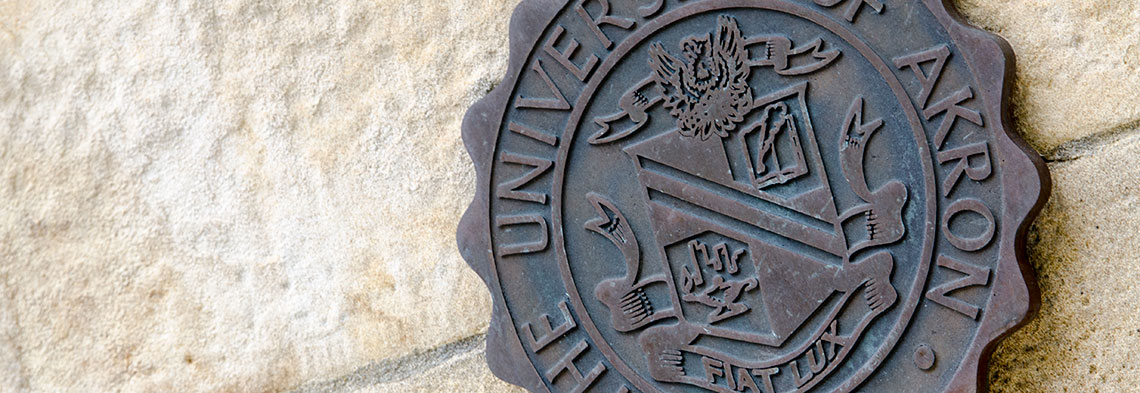Document Type
Article
Publication Date
January 2008
Abstract
Over the centuries that wills have been used to dispose of testators’ property at death, the law of wills has developed to address issues that arose. Similarly, over the centuries that trusts have been used for non-testamentary purposes, the law of trusts has developed to resolve resulting issues.
In recent decades revocable trusts have become the most commonly used trust in the United States. To avoid estate administration, particularly in states in which administration involves cumbersome, time-consuming, and expensive court supervision, settlors make inter vivos transfers of assets that otherwise would be subject to administration on their deaths in trust. Typically, the trust instrument provides that the settlor may revoke the trust at any time, in which case its assets are to be returned to the settlor, and designates beneficiaries to whom the trust assets are to be distributed, or held for the benefit of in one or more now irrevocable trusts, following the settlor’s death.
In short, revocable trusts have become increasingly popular as substitutes for wills. Not surprisingly, issues that traditionally have arisen in connection with the use of wills frequently also are arising when revocable trusts are used as will substitutes. Because revocable trusts are, to a significant extent, the functional equivalent of wills, the trend in both statutory and case law is to subject such trusts, and persons interested in them, to the same law that would apply if the settlor had instead used a will to provide for the disposition of her property at her death. In examining that trend, this article demonstrates that, while there are many revocable trust issues that are being, and should be, resolved by reference to the law of wills, there are many others for which that is not the case.
Publication Title
Real Property, Trust, and Estate Law Journal
First Page
523
Recommended Citation
Newman, Alan, "Revocable Trusts and the Law of Wills: An Imperfect Fit" (2008). Akron Law Faculty Publications. 169.
https://ideaexchange.uakron.edu/ua_law_publications/169


